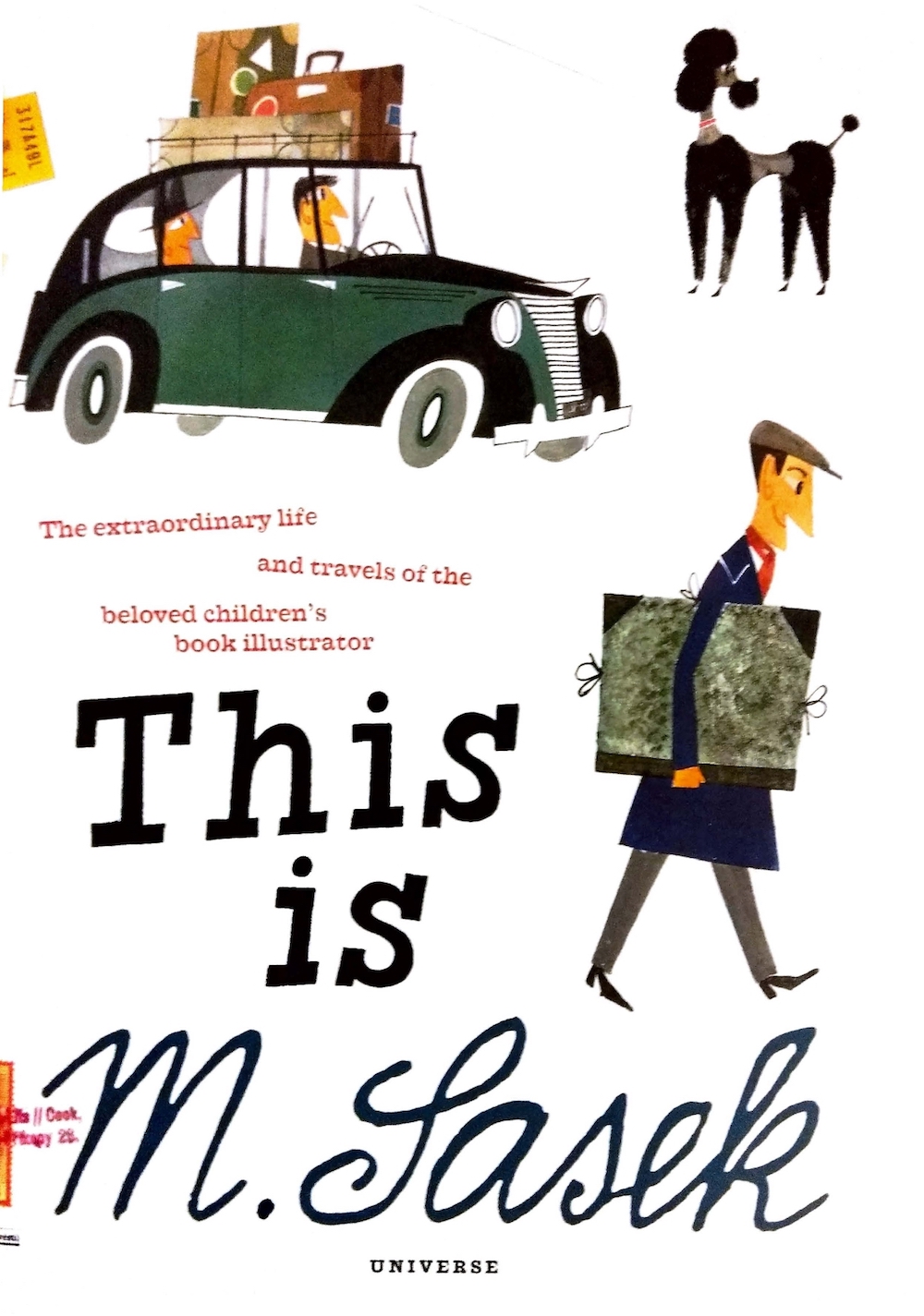For fans of Diego Luna, already a dynamic presence on screen, this movie promises an exciting future behind the camera.
Abel, director Diego Luna’s beguiling comedy drama about a strange Mexican boy, throws up many more questions than answers. For a while it appears that young Abel might be both catatonic and possessed of telekinetic powers – such is the effect of his brooding presence on household objects. Later, I wondered whether the story was veering off into the territory of a body-swap comedy. One thing is clear: Luna’s film is a heartfelt depiction of a devoted mother who is determined to do right by her troubled son.
The face of nine-year-old Abel (Christopher Ruíz Esparza) is first seen in huge close-ups as he watches a snail crawling along his finger. After two years in the psychiatric ward of a local hospital, doctors now want to transfer him to Mexico City. His mother Cecilia (Karina Gidi) can’t bear the idea of a further separation and hopes that a few days at home will help his prognosis. Abel’s feelings are more difficult to gauge: he doesn’t say a word. Oddly, though, the lights in the corridor start to flicker as he stares at them.
Home is a ramshackle house near the railway tracks in Aguascalientes, where Cecilia has been bringing up 16-year-old Selene (Geraldine Alejandra) and five-year-old Paul (played by Christopher’s real-life brother Gerardo). The atmosphere is tense, as the mute Abel is transfixed first by a small hole in the wall, then by the TV (which soon malfunctions) and a gallery of family photos. Cecilia’s husband is glimpsed in a cheesy wedding picture – sporting a horrible 80s “mullet” — but there’s no indication of where he is now.
Dressed in his too-small pyjamas – a stark indication that time has stood still for him – a sleepless Abel rummages in a box of old clothes in the yard. The plot then takes an unexpected turn as he suddenly opens his mouth at the breakfast table and begins to order his family around. Relief that he’s finally speaking again soon gives way to anxiety for his mother. But the doctor tells her they should all continue to humour Abel in his delusion that he is the father of Selene and Paul and the head of the household.
Luna has dedicated his second directorial outing – his first was a boxing documentary – to his mother, who died when he was two. The screenplay, co-written with Augusto Mendoza, humorously charts the struggles of a lone parent, trying to keep her home from (literally) falling apart. Gidi is both touching and believable as the cash-strapped Cecilia. Dignified, resourceful and totally devoted to her children, she reminded me a little of the indomitable Cecilia Roth in All About My Mother.
Though this is a low-budget film, shot mainly within the family home, the writers seem determined to take their story into new and, sometimes risky, areas. So they have fun with the comic possibilities of Abel supervising his siblings’ homework and playing the stern patriarch as he sends Selene’s gormless boyfriend packing. But I was almost afraid to watch the scene in which Abel prepares to exercise his conjugal rights by climbing into bed with his mother. Director Luna gets away with it. Without giving too much away, the pay-off involves a couple of chocolate cigarettes and is both funny and thought-provoking.
Ironically, when Cecilia’s husband Anselmo (José María Yazpik) does return home — he claims to have been working in the US — he is the antithesis of a good father and husband. After a two-year absence, this drunken idiot is arguably even more of a stranger to his family than the traumatised boy who is trying to take his place. Abel’s fantasy is not centred on his real father but an idealised version – he wants to be a better man than that.
The climax of the film contains some of the most poignant and elegantly shot sequences. Abel and Paul sneak out of the house on a seemingly routine expedition to a swimming pool. But Abel’s misguided conviction that he can actually take care of the younger boy makes every step seem fraught with danger. Paul clearly loves Abel and, on some level, appears to have convinced himself that this earnest young boy can fulfil the role of a conscientious father. The dynamic between the pair is made even more fascinating by the thought that Christopher Ruíz Esparza probably is a role model and protector to his little brother, Gerardo.
Good though Gidi and Yazpik are as the dysfunctional couple, the real stars of this movie are Luna and his extraordinary protégé, who was chosen from hundreds of hopefuls. Cute child stars are a dime a dozen in Hollywood movies, but Christopher Ruíz Esparza has to do much more than gain our sympathy with his big brown eyes and handsome face. Though he’s trapped in his fantasy, Abel has to be convincing in that role — both to his family and the audience. There are no flashbacks here and only a few clues about the family’s recent history. We see Abel’s skewed view of the world through his eyes and those of his worried mother and siblings.
For me, trust is the key element in the way this story unfolds and also in Luna’s efforts to bring it to the screen. As a novice director, he’s showed extraordinary patience and skill in drawing such appealing performances from these boys. If you like family tales that come with a neatly packaged homily and a happy ending, Abel may not be the film for you. But for fans of Diego Luna, already a dynamic presence on screen, this movie promises an exciting future behind the camera.
(Abel is released in UK cinemas on 7 January)











